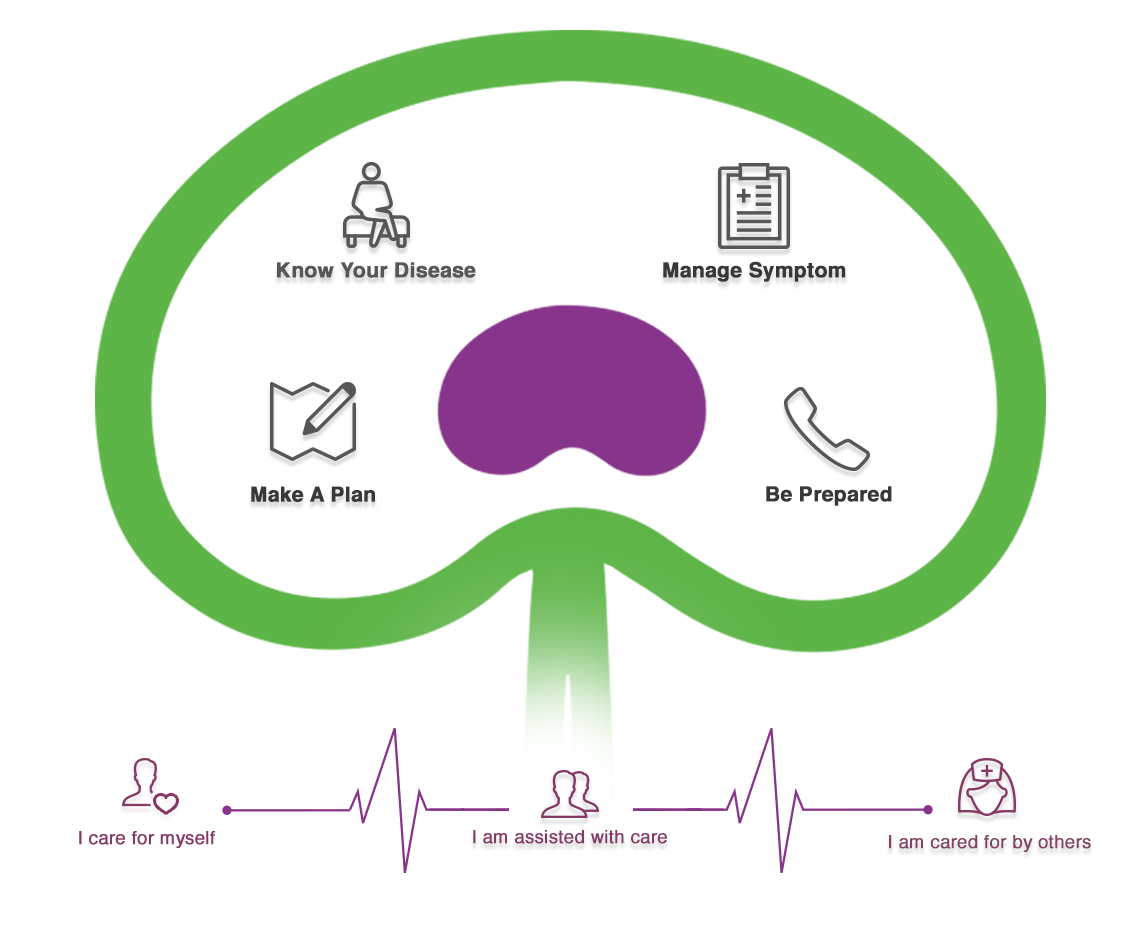Restless Legs
Restless legs syndrome can be an upsetting symptom of chronic kidney disease. It causes an urge to move your legs when you’re at rest. You may also have an uncomfortable feeling in your legs.
It’s often worse in the evening or at night, which can make it hard for you to fall or stay asleep. You might notice that moving your legs makes them feel better.
Let your care provider know if you have restless legs, especially if it’s affecting your everyday activities or your sleep.
- Stop or cut down stimulants such as alcohol, caffeine, and nicotine to see if your symptoms go away. Don’t use them in the evening before bedtime.
- Try to keep yourself mentally busy. For example, do word or number activities like crossword puzzles or Sudoku, needlework, or video games.
- Try aerobic exercise, walking, and/or stretching (if it’s safe for you).
- A gentle leg massage sometimes helps.
- Good sleep hygiene may help:
- Wake up at the same time every morning.
- Don’t go to bed until you feel sleepy. Don’t “try” to fall asleep.
- Try not to nap during the day.
- Use your bedroom for sleep (and sex) only.
- Learn relaxation techniques. Ask if someone on your healthcare team can help you get started. You can also learn some on your own. Some techniques include:
- progressive muscle relaxation (focus on slowly tensing and then relaxing each muscle group)
- visualization (form mental images to take a visual journey to a peaceful, calming place or situation)
- deep breathing
- music and art therapy
Speak with your care provider if restless legs are a problem for you. Your care provider may talk about treatment options such as medicine, acupuncture, or acupressure.
If you are taking medicine for your restless legs, take it exactly as prescribed - don’t wait for your restless legs to get really bad.



